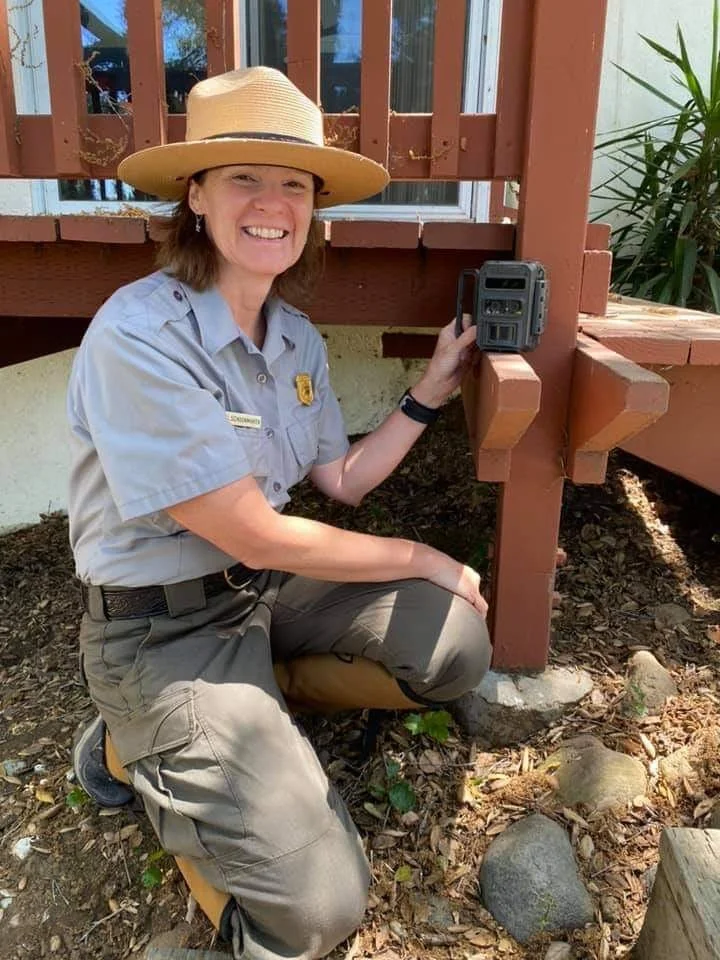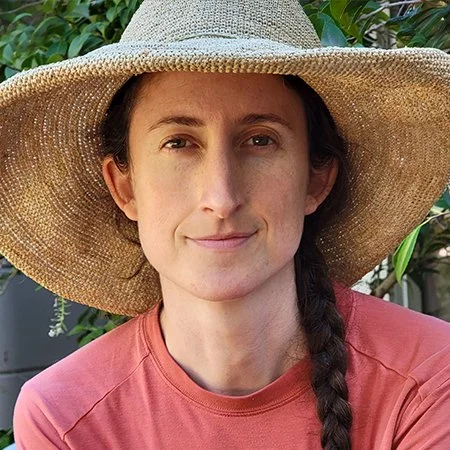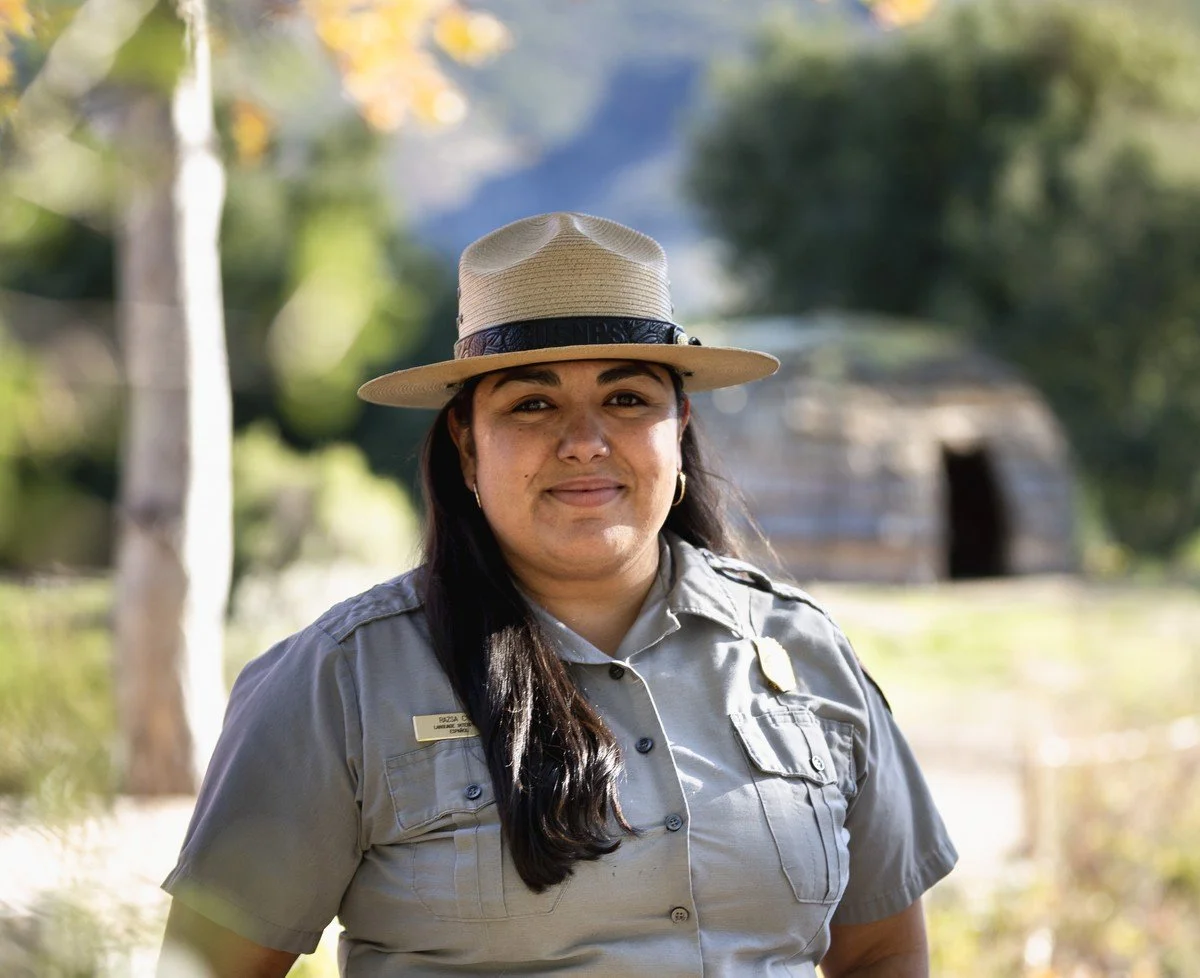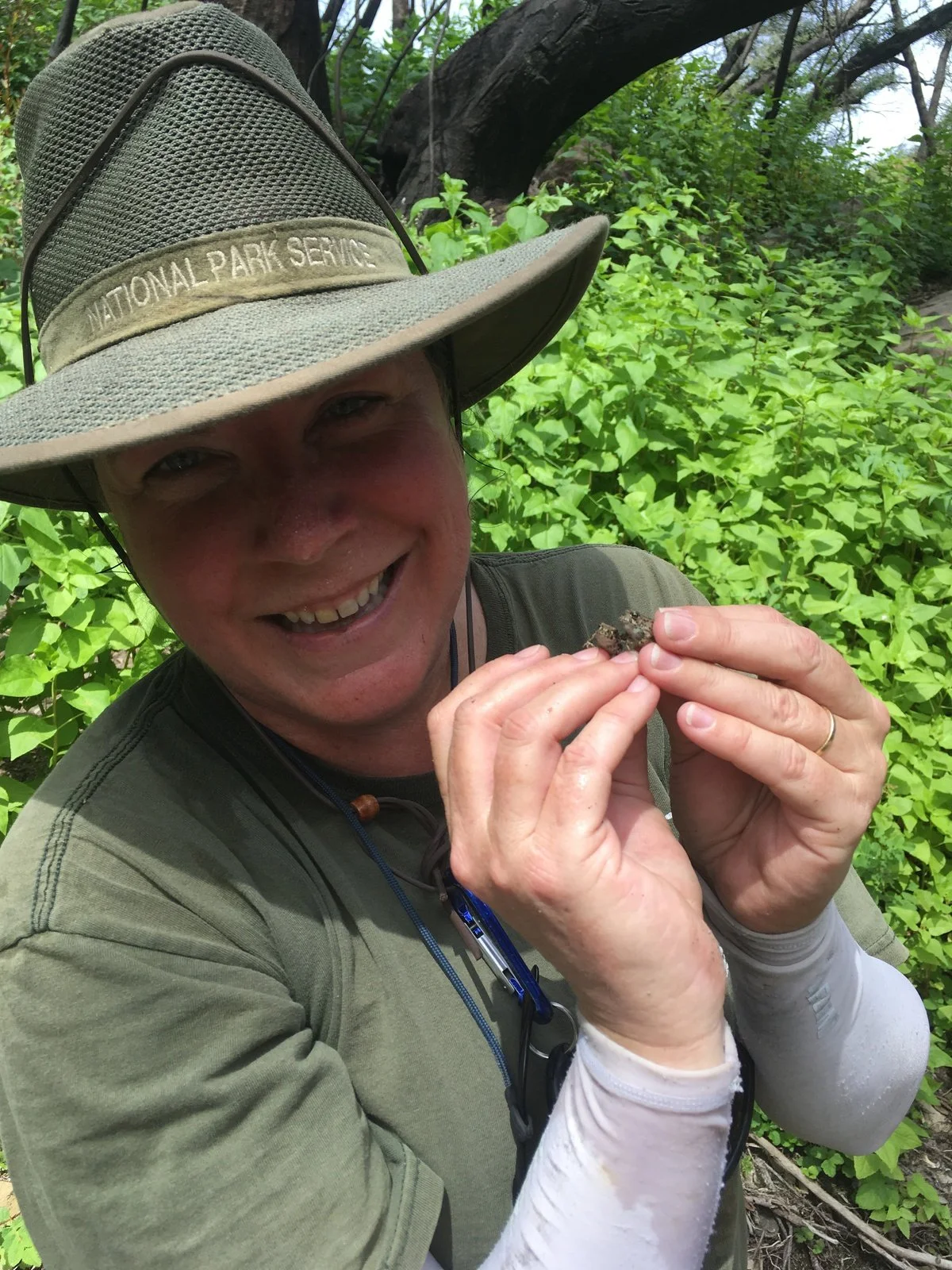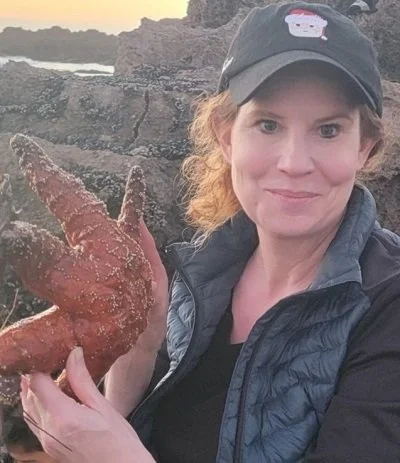California NaturalistsCertification Program for California Environmental Stewards
SAMO Fund, in partnership with University of California’s Environmental Stewards program, is offering a certification course designed for adults wanting to develop a sense of place and participate in service learning and stewardship of natural resources in the State of California.
Though the participants for official certification have already been accepted, the community is welcome to join our scheduled Zoom Meetings
The public may join the online classes via Zoom from 6:30pm to 7:30pm. Links will become available when sessions begin.
Currently scheduled sessions are February 20, 27; March 6, 13, 20; and April 3, 24. These may be subject to change as per instructor availability and scheduling.
-
Thank you for joining us
-
Thank you for joining us
-
-
-
-
-
Featured Stewardship Projects
"Minimum That I Can Do"
A short film by Certified California Naturalist, Tara Lynn Wagner.
"Heartbeat of Our Restoration Program"
A short film by Certified California Naturalist, Tara Lynn Wagner.
"Chomp Away"
A short film by Certified California Naturalist, Tara Lynn Wagner.
"Moving Forward Together"
A short film by Certified California Naturalist, Tara Lynn Wagner.
"That Rare and That Unique"
A short film by Certified California Naturalist, Tara Lynn Wagner.
Highlights from the California Naturalist program
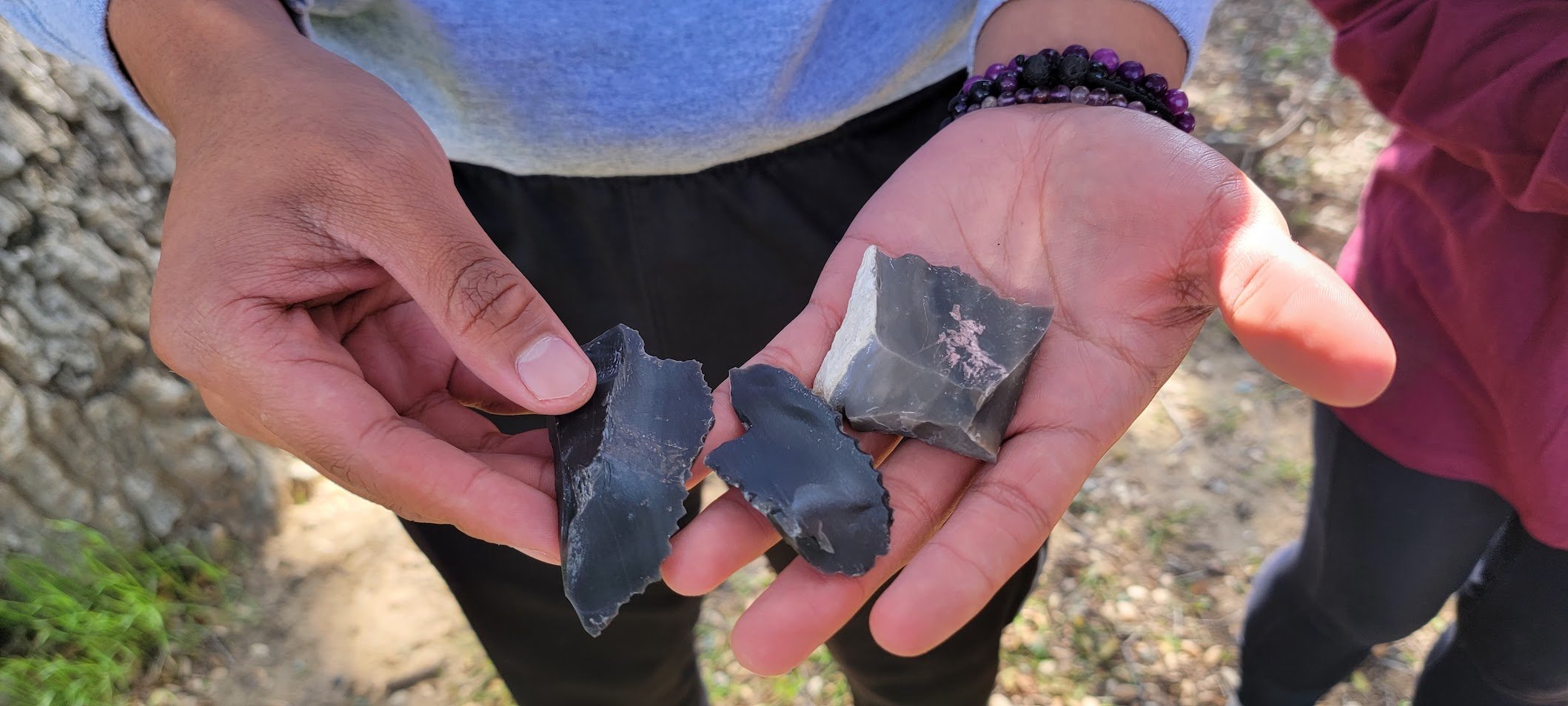
Join a community of over 4,000 certified naturalists around the stateOur vision is to create an engaging naturalist program that will help you to:
Connect. Helping our youthful innocence and innate love for Nature speak again.
Discover. Exploring the chaparral ecosystem and meeting the species that call it home.
Care. Reestablishing personal connections and a sense of care for Nature.
Engage. Encouraging the development of engaging, meaningful conversations.
Share. Using compassion and logical thought to help others understand the natural world.
-

Expert-led field trips and lectures
Virtual lectures and discussions followed by guided field trips in Santa Monica Mountains National Recreation Area. Explore the Park through topics related to geology, ecology, water resources, interpretation, and participatory science projects.
-

Environmental Stewardship
Build environmental literacy and stewardship skills through discovery and action in the Santa Monica Mountains National Recreation Area, the largest urban National Park in the country. Expand your skills to responsibly manage and protect natural resources to ensure their sustainability for current and future generations.
-

Practice Interpretive Skills
Become a better communicator of natural history and resources in the Santa Monica Mountains with hands on experience performing service in education and interpretation. You’ll become a Certified California Naturalist!
About the Program-
A statewide program of the University of California´s Division of Agriculture and Natural Resources, our courses are designed for adults including teachers, docents, land stewards, natural resource professionals, and nature enthusiasts wanting to develop a sense of place and participate in service learning and stewardship of natural resources.
-
The course will take place in 8 Sessions over Zoom and 7 in-person field trips
-
courses are subject to change for 2025 session
WILDLIFE
Become familiar with the local wildlife and techniques for wildlife research.
Learn about the current wildlife research being conducted in the Santa Monica Mountains, by NPS Biologists.
Learn about carnivore ecology and the challenges carnivores face when living in the Santa Monica Mountains (e.g. habitat fragmentation, habitat loss, urbanization, poisons and depredation).
Understand the need to restore habitat connectivity and genetic diversity, and the methods to restore connectivity.
Be able to describe the human impacts and discuss opportunities for environmental steward ship.
INNOVATIVE STRATEGIES FOR ECOLOGICAL RENEWAL
-Understand the role of mycorrhizal fungi and other microbes play in plant health and habitat restoration
-Learn the basics of the “micro forest” method of ecological restoration and its benefits in urban environments
-Understand the mechanics behind ecological succession as applied through the “micro forest” restoration methodology
-Practice how to design and install a micro forest
-Identify challenges faced in ecological restoration work, and brainstorm solutions
RESTORATION AND INVASIVE SPECIES
-Become familiar with common management components of restoration including general practices (e.g., native plant nurseries, seed production programs, invasive plant control, etc.).
-Learn some of the common dominant native species used in restoration projects.
-Be able to describe the major ecological principles underlying the successful restoration of ecosystems and ways of measuring success (e.g., vegetation and wildlife surveys).
-Be able to describe the mitigating role that the principals of restoration can play in response to human impacts in a changing environment in natural and urban areas (e.g., carbon sequestration, watershed health, fire suppression, etc.).
-Practice restoration design using reference sites.
-Understand common impacts of invasive species on native ecosystems (e.g., displacement by competition, increased wildfire, legacy effects, etc.).
CLIMATE CHANGE AND FIRE ECOLOGY
-Discuss climate change impacts and how it is affecting the southern California region (e.g., prolonged drought, changing phenology, etc.).
-Be able to describe how human activity has influenced fire regimes (e.g., increased ignitions, high fire frequency, etc.).
-Understand the threats of wildfire in the southern California region (e.g., santa ana winds, climate change, embers, human activity, etc.).
-Understand the impacts of excessive wildlife on local ecosystems (e.g., type conversions, weed-fire cycle, etc.)
-Describe the benefits of fire and fire-adapted plants (e.g., fire followers, modes of post-fire regrowth, succession, etc.).
INTRODUCTION TO INTERPRETATION
-Students will be introduced to the basic foundations of Interpretation.
-Students will learn how to build a program using Themes, Goals and Objectives (TGOs).
-Students will be learning several Facilitated Dialogue methods and techniques to incorporate throughout their programs.
-Students will be able to identify at least 6 necessities needed to create a successful program.
-Students will be able to describe two different approaches of interpretation.
-Students will be able to describe at least one facilitated dialogue technique.
-
The 8 in person classes will take place on Saturday mornings and project to include the following dates:
February 22; March 1, 8, 15, 22; April 5, 12, 26
*NOTE: Due to limited space, only the accepted certification students can currently attend the in-person events.
The 8 online classes will take place on Thursday evenings and project to include the following dates:
February 20, 27; March 6, 13, 20; April 3, 10, 24
-
For completion of the course, each student will be required to submit a stewardship project. Below are examples and guidelines of acceptable proposals.
Meet Your Instructors









